The price you pay to the fishing lodge is designed to cover the trip in it’s entirety. This generally includes accommodation, meals, alcohol, boat wear and tear, fuel, gear (hip waders, rods, reels, bait, lures, flies, etc.), plus eight or so hours for a fishing guide to bait your lines, net your catch, ferry you out to the fishing grounds and back, etc. One might question the need to pay extra for gratuities on top of the cost of your fishing trip.
Perhaps the biggest misconception about the life of a fishing guide is that it’s as simple and stress-free as simply taking someone fishing. Some people think their day begins and ends at the dock or boat ramp.
Fishing guides are generally paid a base wage that most likely doesn’t pay the bills. Not unlike the server in a restaurant, a tips and gratuities are what allow the guide to make a living.

Life as a Fishing Guide
It’s tempting to think that being able to spend your summers in the beautiful wilderness surroundings of the Northwest Territories, Saskatchewan, Yukon, Alaska or BC and go fishing every day would be reward in itself.
Most guides would say they love what they do, otherwise they wouldn’t be doing it. But they’d also quickly point out that it’s not all unicorns and rainbows.
For the 8-10 hours on the boat or on the river they not only have to produce fish, but also entertain and educate. Sometimes the guests try their patience. Many days the weather is foul—it rains, the wind howls, the swells pound boats and bodies. They’re also away from friends, family and pets for 3-5 months of the year.
One guide we spoke to at a BC fishing lodge explained “Days are long, often beginning at 5am, preparing the boat and gear to be off the dock for first light. Fish from 7am to noon, then bring the guests in for lunch, clean fish, tie gear, wash the boat, grab a quick sandwich and then get back to the dock for 1:30pm. Fish 2pm to 7pm and then clean fish, wash boat, tie gear, fix any issues, gas up and then eat dinner. By this time it’s often 8:30pm. Twice a week there’s a meet and greet night where you dress up and socialize with the guests and those nights tend to run late. Rinse and repeat for 4 months straight with zero days off and most days less than an ideal amount of sleep.”
Fishing guides must stay positive and show guests a great time day in and day out for up to 120 days in a row.
Guides are the ones who can make or break a trip. When looking back on a memorable all-inclusive fishing trip, most will mention the friendliness, knowledge and skills of the guides before commenting on how amazing the food was or how comfortable the beds were.
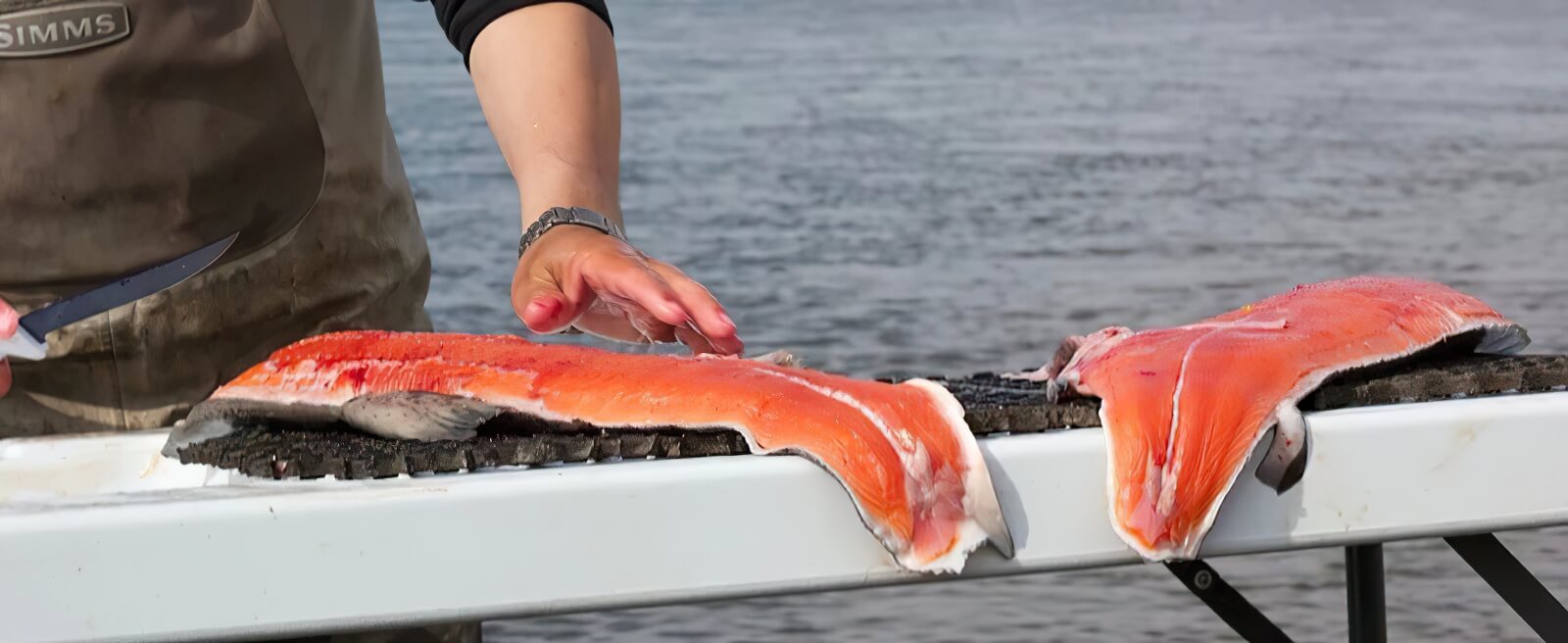
Fishing Guides Don’t Expect Gratuities, But Appreciate them More Than You Think
No one guiding in remote fishing lodge is doing it to get rich, nor will they.
Many lodges pay guides a day rate, then deduct lodging and meals, and still require them to put in 10 hour days on the water plus time cleaning fish, cleaning the boat and prepping for next day. This usually amounts to 12-14 hour days, and based on the typical day rate, guides will often barely make minimum wage.
As with any other service, gratuities are not a requirement and should be based on the level of service provided. Typically a good tip is for someone who has exceeded expectations and went above and beyond. That said, gratuities should not be based on how many fish you catch but on how hard the fishing guides have worked and the quality of your time on the water.
Tips are for how well the guide performed. Was he on time? Was he professional? Did you catch fish or did they at least put you on fish for opportunities for shots? Did you learn anything new that day?
The guide’s job is much more difficult when conditions are less than ideal. Success on a tough day usually means having to dig deep and work hard to overcome high swells, bad weather, uncooperative fish, or any of countless other factors that make the game of fishing what it is.
Most enjoy keep customers engaged, having fun, and learning when fishing is slow, and even count this as a crucial skill required for being a fishing guide. Whether you’re having an awesome time, or your your guide is still able to keep spirits up during a day that’s is less than ideal, show them your appreciation with a tip.
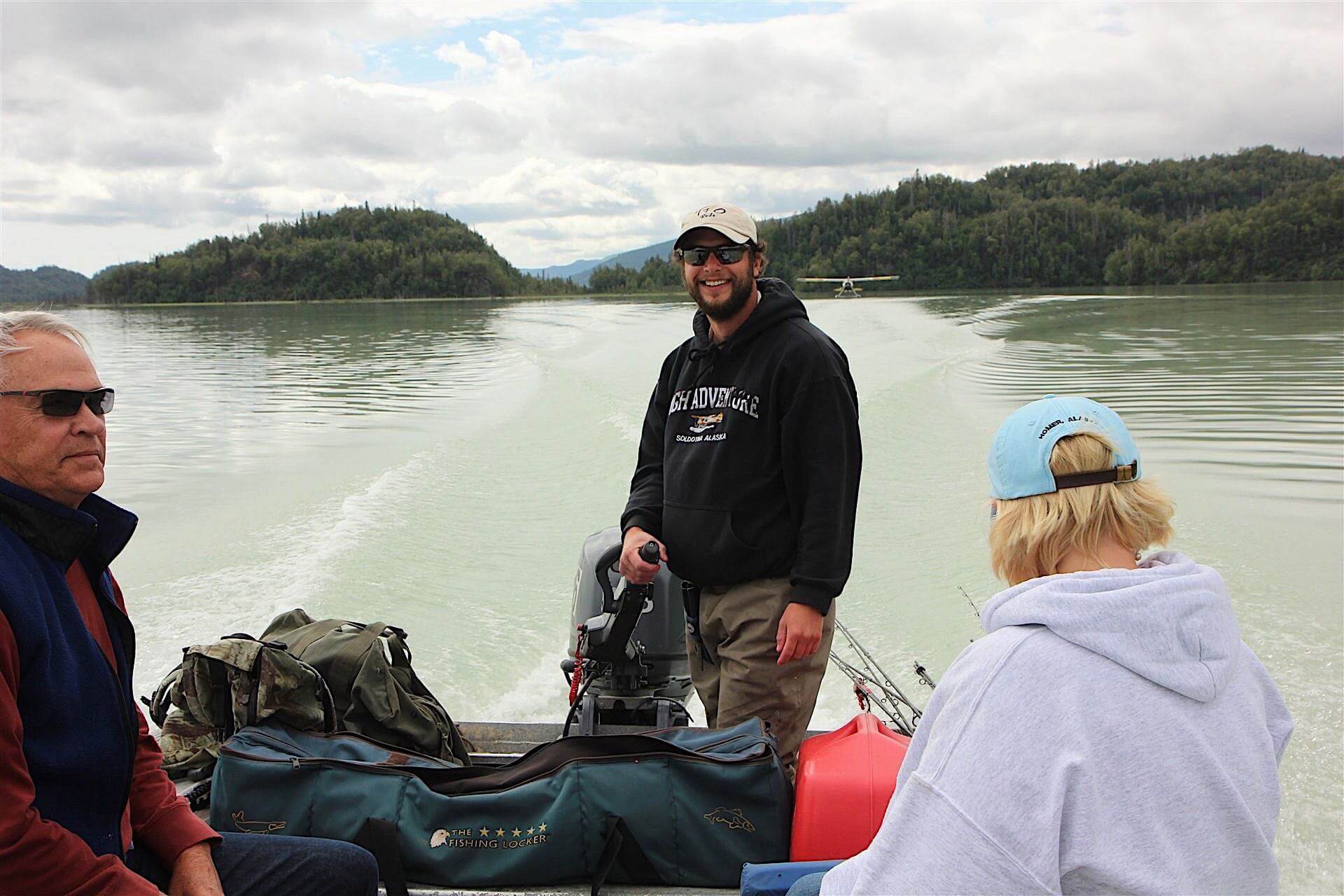
How to Tip Lodge Guides and other Lodge staff
Tipping is customary in many service industries, and all-inclusive fishing lodges are no exception. However, there is still a good bit of confusion among anglers as to how, when, and why guides should be tipped.
The amount of your tip should always reflect quality of service. However, not tipping at all, in an industry where gratuities make up a considerable portion of the incomes of fishing guides and inside staff, is almost always insulting. Discussing the source of a bad experience with a lodge manager while you are on-site, for example, is far better than leaving without tipping.
As mentioned above, your tip should be based upon the total experience of the trip. There are days where the fish won’t stop biting and days that you catch almost nothing (thankfully that doesn’t happen too often in the Northwest). But the amount of gratuity should be based on how the guide controls all the variables, not on the number of fish caught.
It’s generally accepted that an appropriate tip is approximately 7-15% of your trip cost. 20% is fair for an exceptional job.
However, if the lodge itself has different guidelines, we suggest following those.
Bring your tip to the lodge as cash in your carry-on bag or in the form of personal checks or traveller’s’ checks. Note that traveller’s’ checks are probably the least-favoured forms of gratuity, since banks will often charge significant fees to have them deposited. If you feel unsafe traveling with cash, find out what other form of payment the managers at the fishing lodge prefer.
More often than not, you’re better off leaving a “collective” gratuity for your entire stay with the lodge manager at the end of the trip than you will tipping service staff and guides individually. The reasons for this are not readily apparent, but they include the fact that overtipping to individuals makes it more difficult for the lodge manager to control the expectations (and behaviour) of the staff. At some lodges, guides who have been tipped excessively muscle out the less-experienced or less-senior but perhaps more-talented guides for access to the high tippers.

Consider these perspectives the next time you’re planning to take an all-inclusive guided fishing trip in Alaska or BC or anywhere in the Northwest. Guiding is not an easy line of work. It’s important to realize that, at the end of the day, you are supporting a person, just like you are when you spend money with any other small business. So, if you appreciate your fishing lodge experience (or even if you didn’t—but you understand that the negatives were outside of anyone’s control) tip to support the guide as an individual, to keep their lights on, and to keep them in business and on the water for next time.
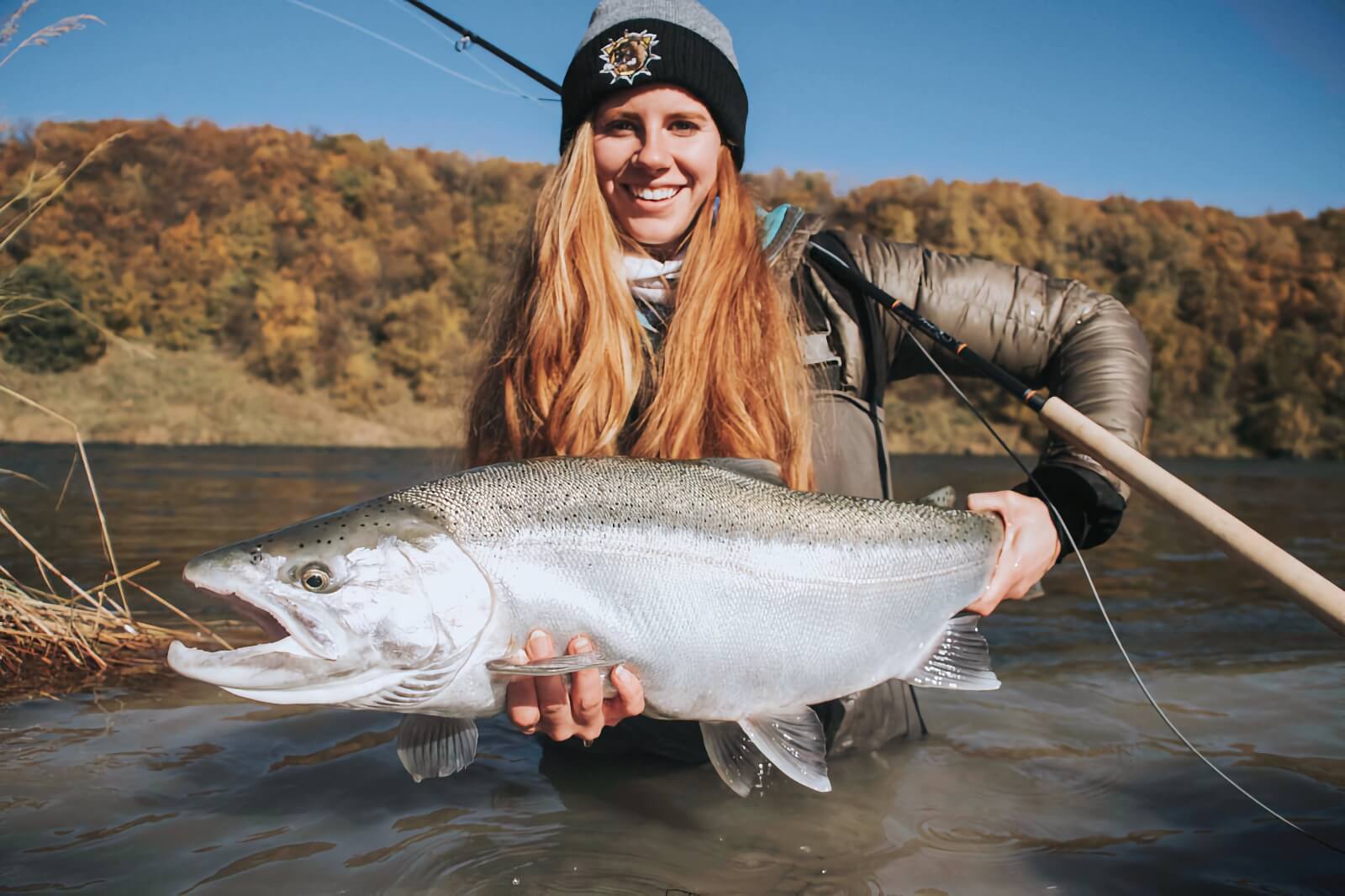
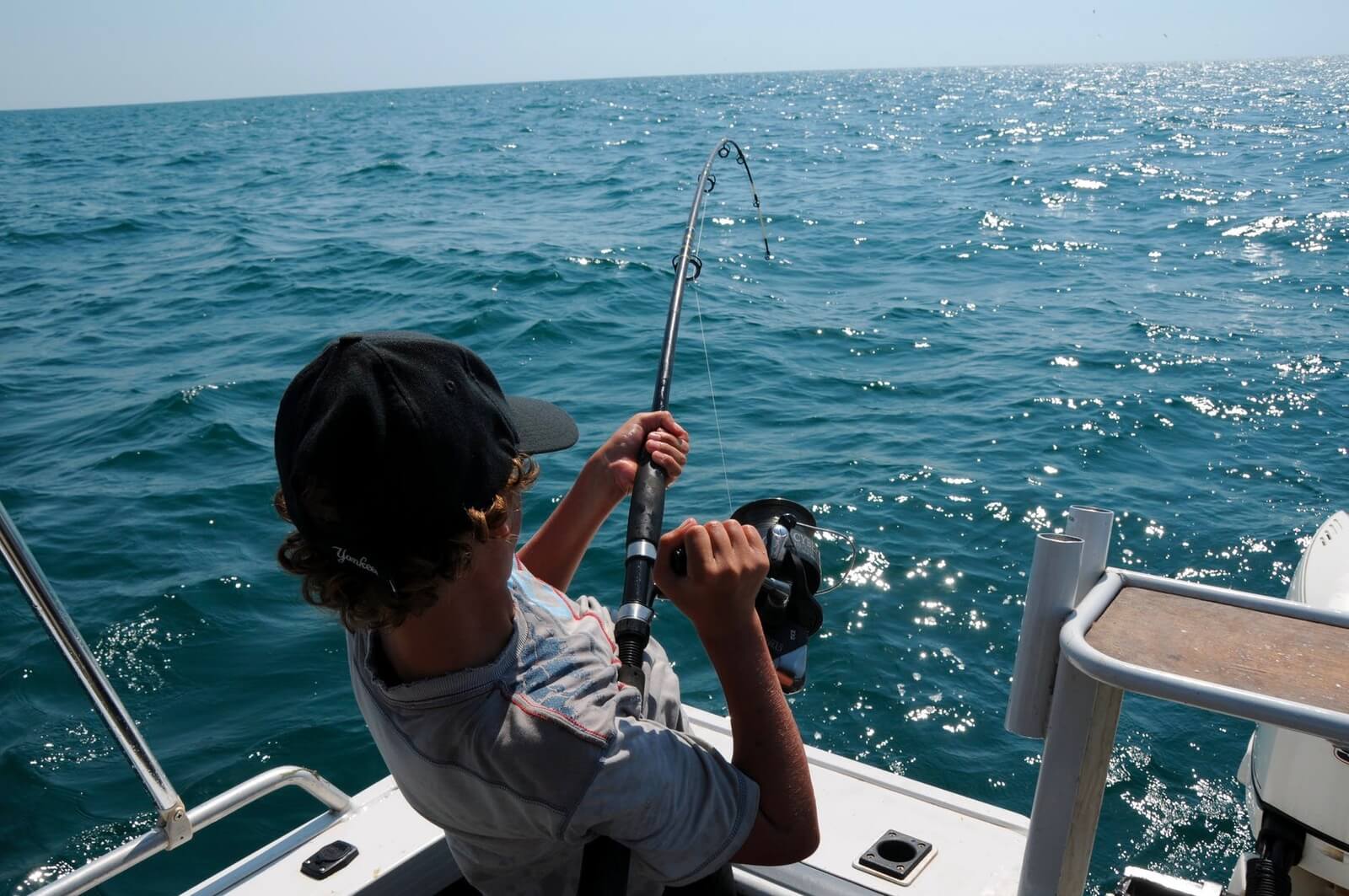
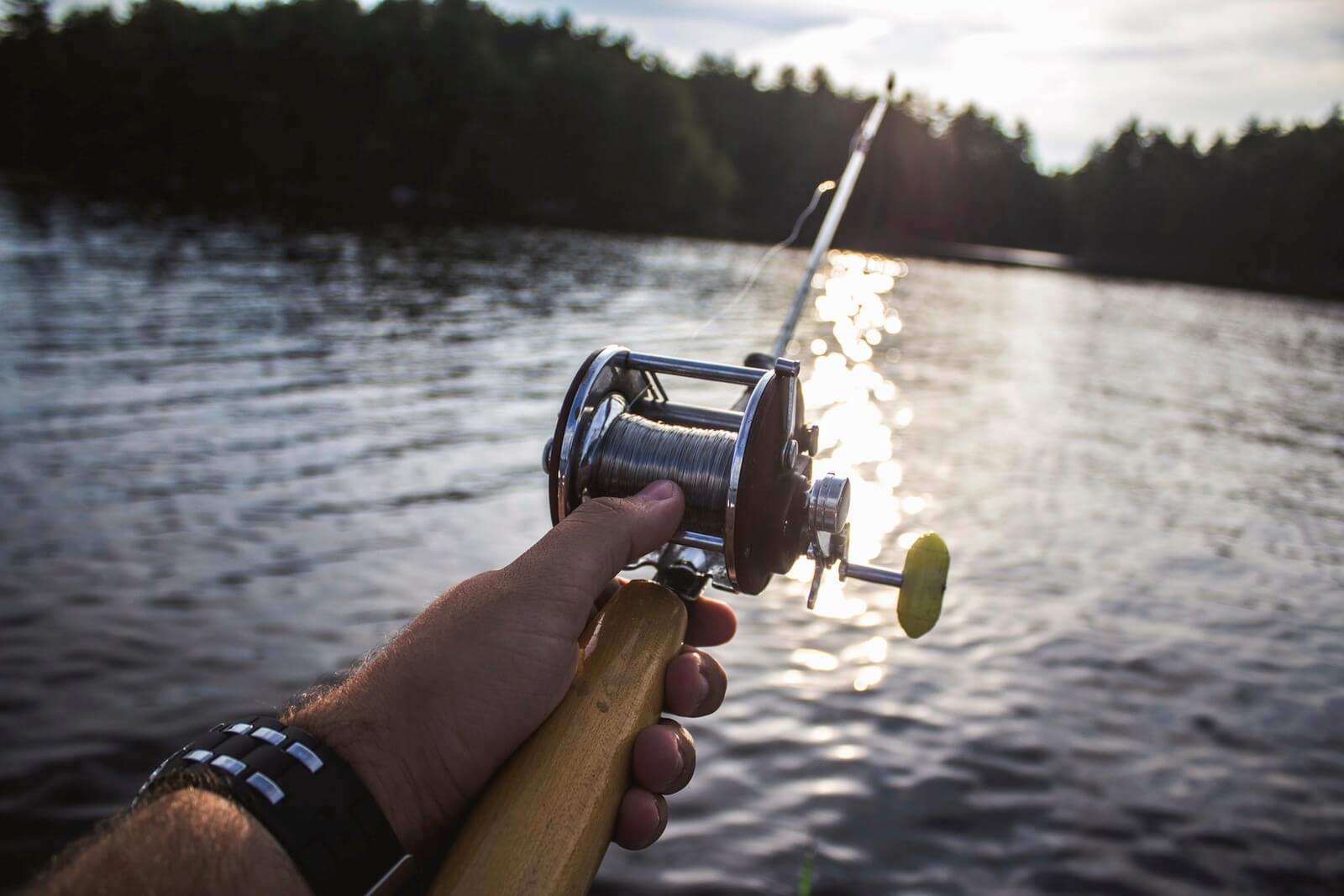
1 thought on “Should you tip your fishing lodge guides? How and why?”
“If you can’t afford the tip, you really can’t afford the trip.” Really? Really?? Really??? So you are saying that I have to save another six months or year so I can tip? Otherwise don’t go? Would owner/operators prefer to sell packages vs. not selling packages? That statement is putting the head where the tail belongs as in talking out one’s – well you know. If the owner/operator want’s more income, then they should charge more up front. That’s why there are different priced packages. Out of all the packages I have looked at, this is the first place I have encountered anything regarding tipping. Furthermore, if tipping is an issue, put it up front on the web page. Have some cajones. Another furthermore: in Las Vegas (the mecca of tipping), the majority of casino and hotel employees who count on tips and who should get tipped, are stiffed more often than not. Put tipping in perspective. Charge up front.
Comments are closed.